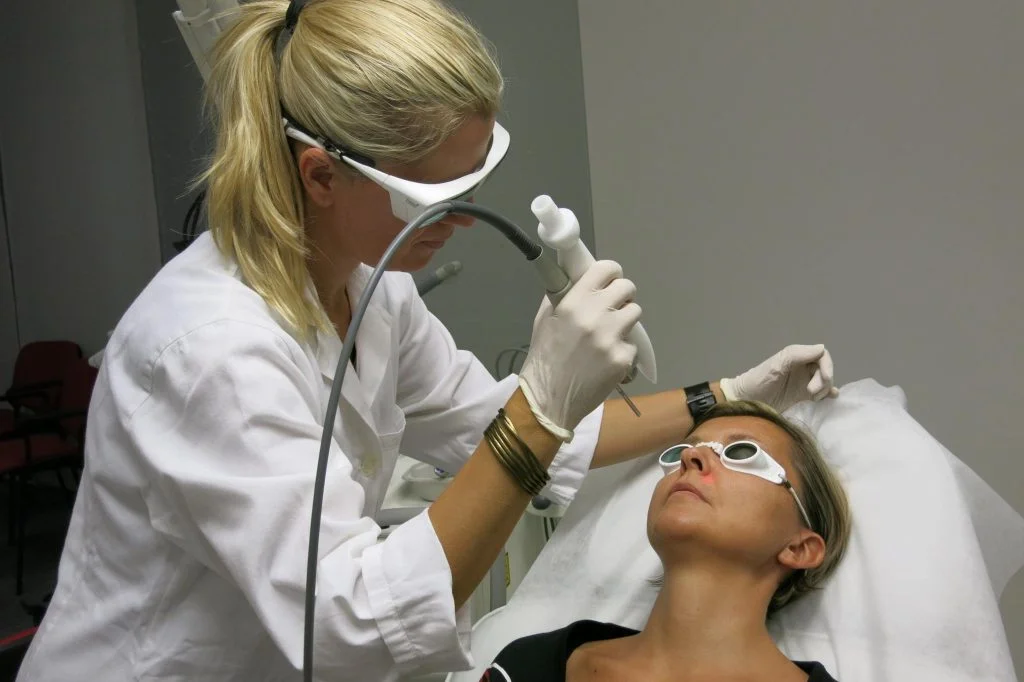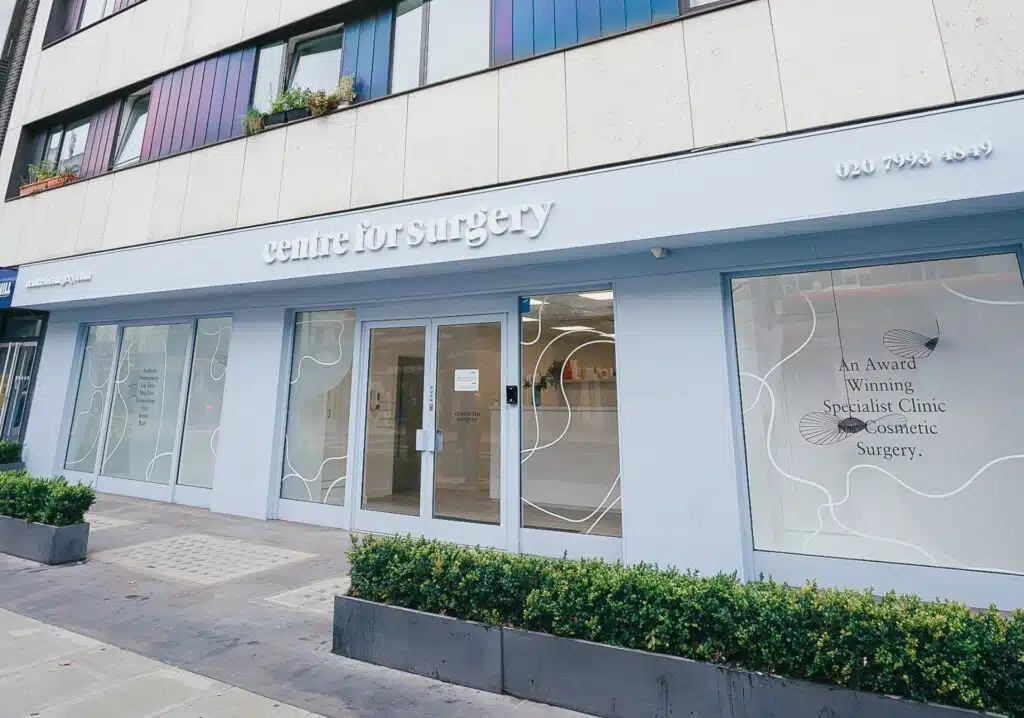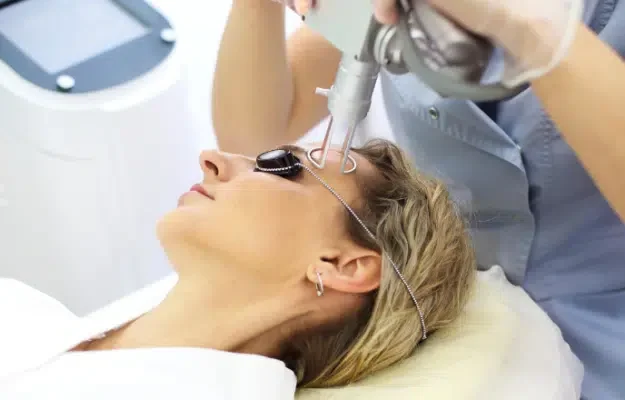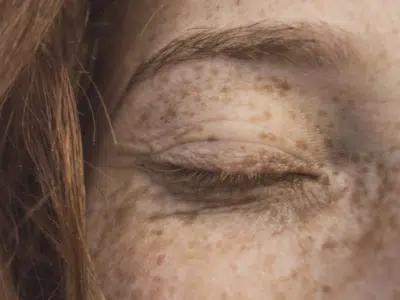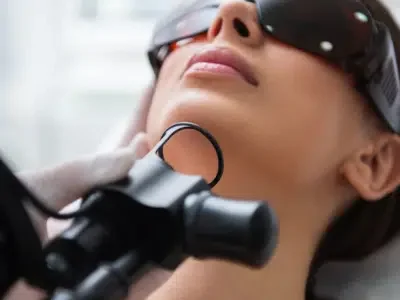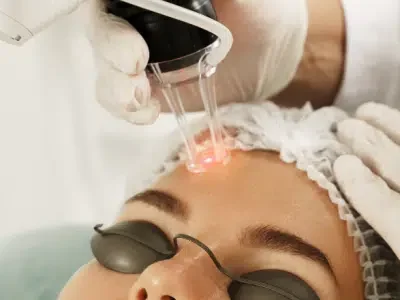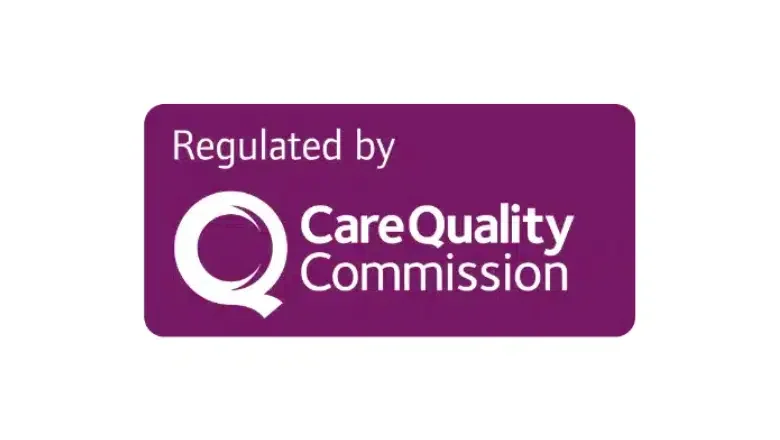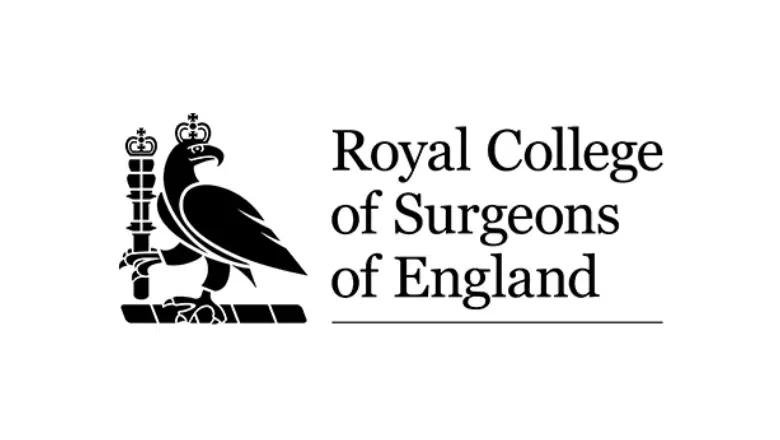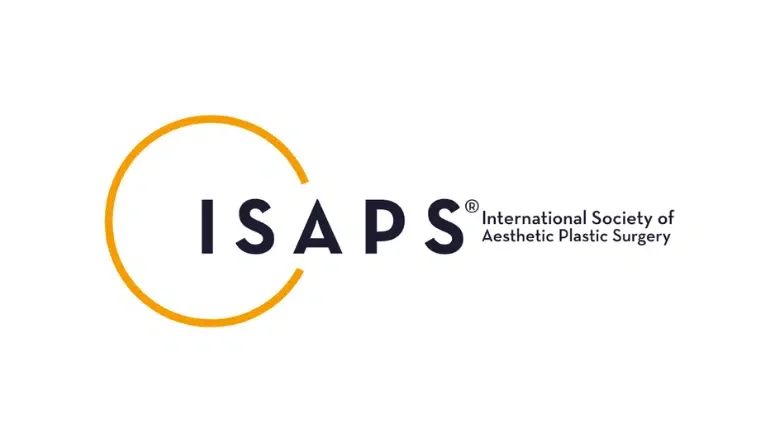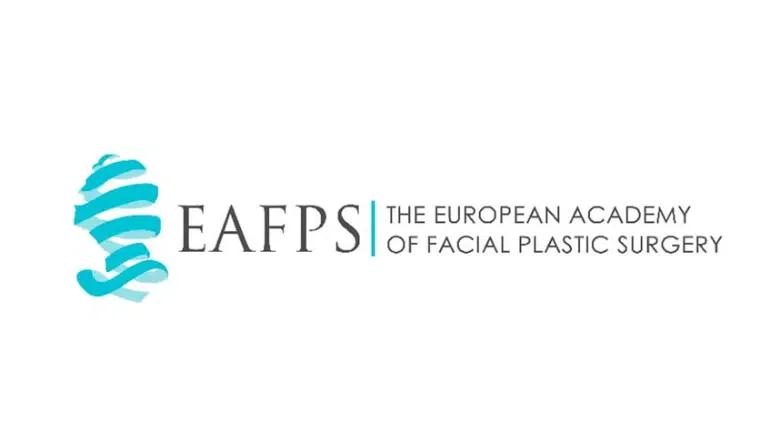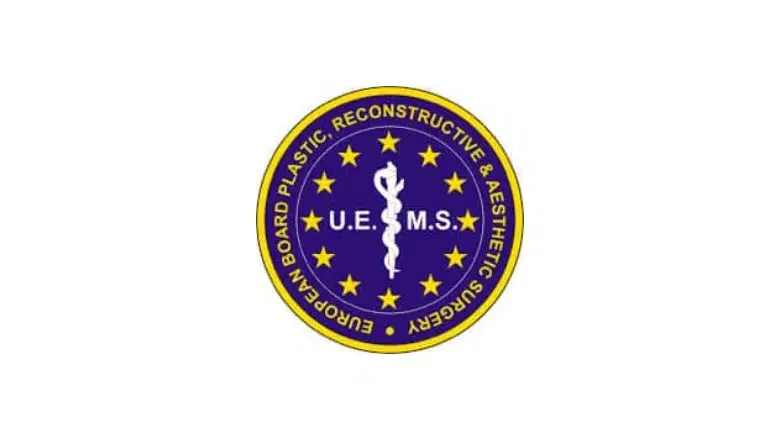Benefits of Fotona Laser Treatment for Cystic Acne
Fotona laser treatment, utilising the advanced Nd YAG laser technology, has become a game-changer in the management of cystic acne. This treatment stands out due to its unique approach and multiple benefits for those suffering from this severe skin condition.
- Minimally Invasive with Minimal Downtime: Unlike some invasive acne treatments, the Fotona laser is non-invasive with minimal downtime. Patients can return to their daily routine shortly after the treatment, making it a convenient option.
- Reduced Risk of Scarring: By addressing cystic acne effectively, the Fotona laser reduces the risk of scarring, which is a common concern with this type of acne. The treatment helps maintain the skin’s integrity, preventing the formation of deep acne scars.
- Safe for Various Skin Types: The Nd YAG laser is safe for use on various skin types, making it an accessible treatment option for a diverse range of patients.
- Long-Term Solution: Fotona laser treatment offers a long-term solution for managing cystic acne, with many patients experiencing a significant and lasting reduction in their acne symptoms.
Causes of Acne and Acne Scarring
The journey to effectively treating acne and preventing acne scars begins with a comprehensive understanding of their causes. Acne, a complex skin condition, arises from various interrelated factors, and its progression to scarring can significantly impact skin health and appearance.
Hormonal Fluctuations: A Primary Trigger
Hormonal changes are a predominant factor in acne development. These fluctuations, particularly in hormones like androgens, can stimulate the sebaceous glands to produce excess oil, setting the stage for acne. Such hormonal imbalances are typical during puberty, but they can also occur during pregnancy, menopause, and in certain medical conditions. The sensitivity of sebaceous glands to hormonal changes can vary among individuals, explaining why some people are more prone to acne during these periods.
Excess Oil Production: Fueling Acne Development
The overactivity of sebaceous glands, often driven by hormonal changes, leads to excess oil production. This surplus oil can mix with dead skin cells and clog pores, forming the ideal environment for acne to develop. While hormonal factors are a significant contributor to increased oil production, external factors like diet, stress, and skincare practices also play a role.
Bacterial Influence: Propionibacterium acnes (P. acnes)
The bacteria P. acnes reside naturally on the skin, but when pores become clogged with excess oil and dead skin cells, these bacteria can multiply rapidly. Their growth within the clogged follicles can lead to inflammation and infection, exacerbating acne formation.
Inflammation: The Root of Acne and Scarring
Inflammation is a critical component in both the development of acne and the subsequent formation of scars. Inflammatory responses can cause the walls of the clogged pores to break, leading to deeper skin lesions. The body’s natural healing process then kicks in, which can sometimes lead to scar tissue formation, especially if the acne is severe or persistent.
The Impact of Picking and Squeezing
The temptation to pick or squeeze acne lesions can lead to more harm than good. This habit can introduce further inflammation and bacteria into the skin layers, exacerbating the acne and increasing the risk of scarring. Additionally, the physical trauma from picking can disrupt the skin’s natural healing process, leading to more noticeable and long-lasting scars.
The Enduring Impact of Acne Laser Treatments
Laser acne treatments, such as the Fotona Nd YAG laser, have revolutionised the approach to managing and treating acne, particularly in providing lasting results. These treatments work on several levels to address the root causes of acne and prevent future breakouts, ensuring long-term effectiveness.
The primary mechanism through which laser treatments offer lasting results is by penetrating deep into the skin layers. This allows the laser to target and reduce the inflammation around the sebaceous glands, which are often at the heart of acne development. By directly addressing these glands, laser treatments can significantly reduce the likelihood of future acne flare-ups.
Laser treatments are not just focused on immediate acne reduction; they also work to improve overall skin health. The heat generated by the laser stimulates collagen production, a vital component for skin elasticity and regeneration. Enhanced collagen production aids in repairing existing acne scars and improves the overall texture and appearance of the skin. This regeneration process is crucial in preventing the formation of new acne scars, contributing to the long-term clarity and health of the skin.
Another lasting benefit of laser acne treatments is the regulation of oil production. Overactive sebaceous glands are a common cause of acne, and by normalising their activity, laser treatments help to reduce the likelihood of pores becoming clogged with excess oil – a primary factor in acne development.
The safety and adaptability of laser treatments also contribute to their lasting effectiveness. Suitable for various skin types and with minimal side effects, these treatments offer a viable option for a wide range of patients. The non-invasive nature of laser treatments ensures minimal downtime, allowing patients to continue with their daily routines shortly after treatment, which is a significant advantage over more invasive procedures.
Acne Treatment in Adulthood and Adolescence: Is Laser Therapy the Right Choice?
Acne, a common skin condition, manifests distinctly across different age groups, particularly between adults and teenagers. The advent of laser acne treatments, like the Fotona Nd YAG laser, offers a ray of hope for both demographics, addressing not only the symptoms but also the underlying causes of acne.
Adult Acne: A Complex Challenge
For adults, the sudden onset of cystic acne can be particularly distressing. Unlike teenage acne, which is often linked to puberty, adult acne can stem from a variety of factors, including hormonal imbalances, stress, and environmental triggers. This complexity requires a treatment that goes beyond surface-level solutions.
Laser acne treatments for adults target these multifaceted causes. They work by reducing inflammation and regulating oil production, two pivotal factors in adult acne. Additionally, these treatments can significantly improve skin health, enhancing its resilience against environmental and stress-related factors. The ability to stimulate collagen production is an added boon, as it aids in repairing and revitalising mature skin, which might be slower to heal compared to younger skin.
Teen Acne: Addressing the Root Cause
Teenagers experience acne primarily due to the hormonal changes and increased oil production associated with puberty. While many adolescents may see their acne resolve as they grow older, the risk of scarring, particularly with cystic acne, remains a concern.
Laser treatments for teenage acne can be particularly beneficial. They not only help in reducing the current severity of acne by controlling inflammation and oil production but also play a crucial role in minimising the risk of scarring. The collagen production stimulated by the laser helps in healing existing scars and improves the overall skin texture, which is crucial for the developing skin of teenagers.
Making the Right Choice
Choosing laser acne treatment, whether as an adult or a teenager, should be a decision made in consultation with a skincare professional at Centre for Surgery. Factors like the severity of acne, skin type, and overall health should be considered. Laser treatments are generally well-tolerated and offer a non-invasive solution with minimal downtime, making them an attractive option for those seeking an effective and long-term solution to acne.
Pre-Treatment Guidelines for Optimal Laser Acne Therapy Results
Preparing your skin adequately for a Fotona laser acne treatment is a critical step towards achieving the best possible outcomes. Proper preparation not only enhances the effectiveness of the treatment but also minimizes potential side effects. Below are key recommendations to follow leading up to your laser acne treatment.
Consultation with a Skincare Professional
- Initial Assessment: It is imperative to begin with a consultation with a qualified skincare professional. This allows for a thorough assessment of your skin type, the severity of acne, and any specific concerns you may have.
- Personalized Treatment Plan: Based on the initial assessment, the professional can tailor a treatment plan that aligns with your skin’s needs and treatment goals.
Sun Exposure Management
- Avoid Excessive Sunlight: In the weeks preceding your treatment, minimise exposure to direct sunlight. Sun exposure can sensitise the skin, making it more prone to reactions post-treatment.
- Use Broad-Spectrum Sunscreen: Regular application of a broad-spectrum sunscreen is crucial. This not only protects against UV rays but also helps prevent inflammation and the risk of hyperpigmentation after the treatment.
Skincare Product Adjustments
- Discontinue Certain Products: It’s important to stop using skin irritants such as retinoids, chemical exfoliants, and other potent skincare ingredients several days before your treatment. These products can increase the skin’s sensitivity, potentially leading to adverse reactions during the laser procedure.
Day-of-Treatment Skin Care
- Thorough Cleansing: On the day of your treatment, cleanse your skin thoroughly to remove any makeup, dirt, and oils. This ensures that the laser can work effectively on clean skin.
- Gentle Moisturisation: Apply a gentle, non-irritating moisturiser to ensure your skin is well-hydrated. Hydrated skin can better withstand the effects of laser treatment and aid in recovery.
Understanding Cystic Acne and Acne Laser Treatments: Comprehensive FAQs
When Does Cystic Acne Typically Resolve?
The resolution of cystic acne varies greatly among individuals. While adolescence is a common period for acne due to hormonal changes, cystic acne can continue into adulthood, affecting individuals in their 20s, 30s, and even beyond. However, with the right treatment approach, the impact and duration of cystic acne can be effectively managed and reduced.
What Causes a Sudden Onset of Cystic Acne?
Sudden flare-ups of cystic acne can be attributed to multiple factors. Hormonal fluctuations during puberty, menstrual cycles, pregnancy, or menopause are common triggers. Additionally, changes in medication, diet alterations, elevated stress levels, or shifts in skincare routines can precipitate an outbreak. Conditions like Polycystic Ovary Syndrome (PCOS) are also known to trigger cystic acne.
What Factors Increase the Risk of Developing Acne?
Acne development is influenced by various factors. Hormonal changes are significant contributors, especially during teenage years, pregnancy, and menstrual cycles. Genetics also play a crucial role; a family history of acne increases the likelihood of experiencing it. Other factors include certain medications, diets high in dairy and carbohydrates, stress, and exposure to greasy environments or humid conditions.
How Does Acne Progress Through Different Stages?
Acne typically evolves through several stages. It starts with non-inflammatory forms such as blackheads and whiteheads. When these comedones become infected with bacteria, they can inflame, leading to red, pus-filled papules and pustules. In more severe cases, this inflammation can extend deeper, forming painful nodules or cysts that are prone to scarring.
What Are Alternative Treatments to Laser for Acne?
Beyond laser treatments, a variety of alternatives are available for managing acne. Over-the-counter solutions often include topical treatments. Prescribed options may involve retinoids, antibiotics, or hormonal treatments like combined oral contraceptives in women. For severe cases, a drug known as Roaccutane might be recommended. Additional treatments like LED therapy, chemical peels, or mechanical removal of whiteheads and blackheads can also be effective for certain individuals.
Laser Acne Treatment in London at Centre for Surgery
Centre for Surgery, located in the heart of London, is at the forefront of providing advanced laser acne treatments. Our state-of-the-art clinic on Baker Street specialises in offering the latest in laser technology to effectively treat acne, ensuring our patients receive the highest standard of care.
Patient Testimonials
1. James, 28: “My struggle with acne was taking a toll on my confidence. After undergoing laser acne treatment at Centre for Surgery, I’ve seen remarkable improvements. The team was incredibly supportive, and the results have been life-changing.”
2. Sarah, 34: “Dealing with adult acne was frustrating, but the professionals at Centre for Surgery were empathetic and skilled. Their laser treatment worked wonders for my skin, and I am now more confident than ever.”
3. Amir, 22: “As a student, I was conscious about my acne. The laser treatment at Centre for Surgery not only cleared my skin but also educated me about proper skincare. The staff were amazing, and I couldn’t be happier with the results.”
Our Expertise and Services
At Centre for Surgery, we pride ourselves on our expert team of dermatologists and skincare specialists who are dedicated to providing personalised care. We understand that each patient’s skin is unique, and we tailor our treatments to meet individual needs. Our laser acne treatment is just one of the many specialised services we offer, including a range of plastic surgery options.
Booking a Consultation
For those interested in exploring laser acne treatment or any of our other services, we welcome you to book a consultation with our experts. Please contact us at:
- Phone: 0207 993 4849
- Email: contact@centreforsurgery.com
- Address: 95-97 Baker Street, London W1U 6RN
Additional Information
For more details about our clinic and the range of treatments we offer, please visit our website:
- About Us: Centre for Surgery – About Us
- Finance Options: Discover our finance options, including 0% APR with Chrysalis Finance, at Centre for Surgery – Finance Options
- Plastic Surgery Blog: Gain insights and read more about various treatments on our Plastic Surgery Blog
- Clinic FAQs: Find answers to common questions at Centre for Surgery – Clinic FAQs
- Baker Street Clinic: Learn more about our Baker Street clinic at Centre for Surgery – Baker Street Clinic
Embark on your journey to clearer skin with Centre for Surgery, where expertise meets compassionate care.
